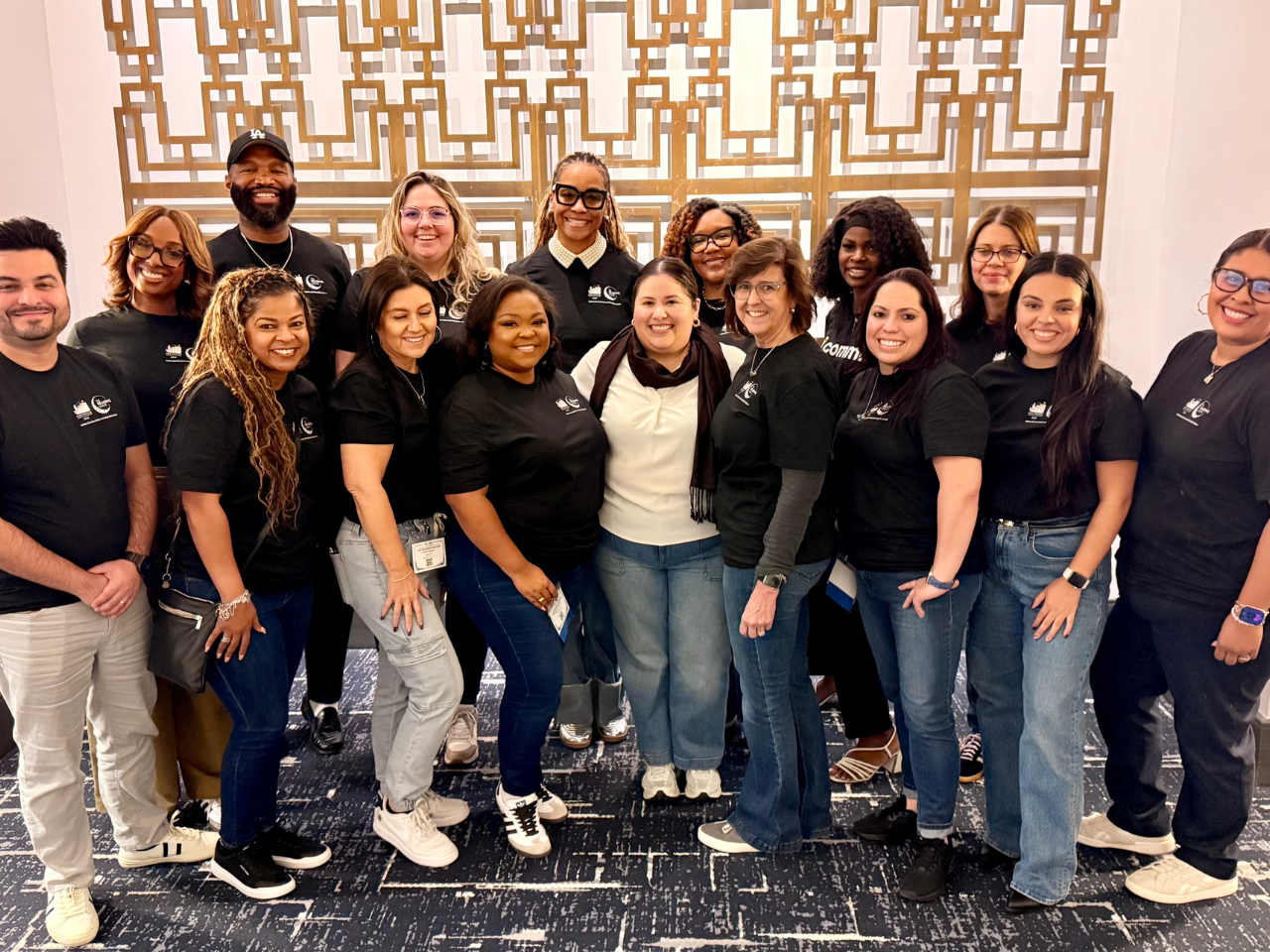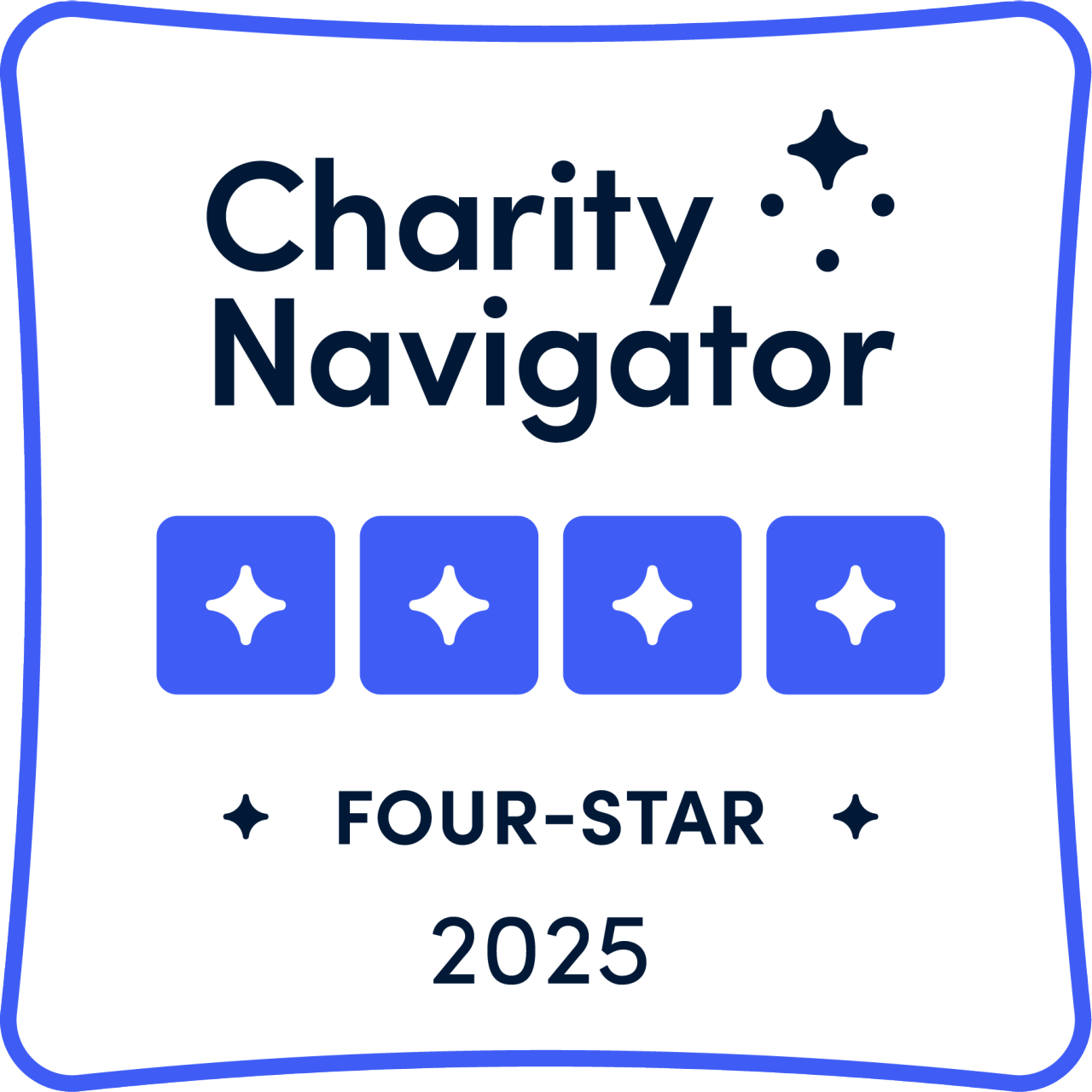Dallas College's Adaptive Teaching Residency is a "Win, Win, Win, Win"




Dallas County is experiencing a shortage of early childhood education (ECE) teachers. According to estimates from the Dallas College Labor Market Intelligence, approximately 4,300 ECE teachers are needed right now, and the county will need over 450 teachers each year over the next 5 years. Dallas College is responding by relying on a previously untapped resource – the talented support staff already working in these classrooms.
By giving existing school paraprofessionals a pathway to become certified teachers while continuing to work – and get paid – throughout the training, Dallas College’s adaptive residency model helps fill a vital need, especially amid a community wide teacher shortage. Students can take part in this tuition-free, work-based residency while simultaneously earning a Bachelor of Science in Early Childhood Education for under $10,000 (the first degree program of its kind at a Texas community college).
As Dallas College’s Associate Dean for Bilingual Education and former principal Mesias Trejo sees it, the secret to Dallas College’s success is meeting the student-teachers where they are: “You get to get your education at a community college, you get to work in districts that are where you live or close to where you live. And if you're already working in an institution or education area, then you can stay there and complete the program.”
This was the perfect solution for Elizabeth Negrete, a parent educator at Child Care Group, who knew she wanted to work as a classroom teacher, but loved her current job. “My organization [is] giving me the opportunity to stay on [at] my current job and have this residency at the same organization,” Negrete said.
Through the adaptive residency program, she can continue to grow in her role at the Child Care Group and earn a paycheck, while chasing her dream. “I couldn’t do it without this opportunity,” she continued. “I cannot cover the cost of a regular university. Finally this opportunity comes, and now I am so happy because I am following my dream.” Previously, she spent 10 years working as a Head Start teacher, but thanks to Dallas College’s dedicated teaching staff, she says she is significantly more prepared now to enter the classroom.
The adaptive residency program is centered on practical experience with a focus on enhanced student supports. Associate Dean of Educator Certification Shareefah Mason explains, “Students need support holistically. [That’s] the most innovative piece of this residency. It has to be 360, it has to be coming from everywhere. And when you [have] peer support, faculty support, and leadership support, you can't lose.”
This additional support was crucial for Brian Daniels, a senior in the Adaptive Residency program teaching 4th Grade Math. As the primary wage earner in his family, Daniels wasn’t able to student teach, which is traditionally unpaid. However, through the adaptive residency model, he can gain practical experience as a resident teacher while continuing to support his family through his work as the Dallas County Promise and Rising Star Case Manager at Dallas College. Thanks to strong student supports through the program, Daniels has been thriving.
“There could have been times where I could have fell through the cracks, but [Dean Mason] didn’t let it happen,” Daniels said.
The adaptive residency program offered him unmatched flexibility and the opportunity to work at the school four of his children attend. “[This program] offered me affordability, it offered me convenience, it offered me time back in my community, and I was able to affect my community and my own family at the same time,” said Daniels. “So that's a win, win, win win.”
Both Dallas College’s adaptive residency and apprenticeship pathways are the first of their kind in Texas. “Our education program is new. It's expanding,” said Trejos. “But we're dedicated to making sure that when you leave any of our education programs, that you're going to be well prepared. Being in our program, you’re going to make a change.”



.jpg)




.avif)